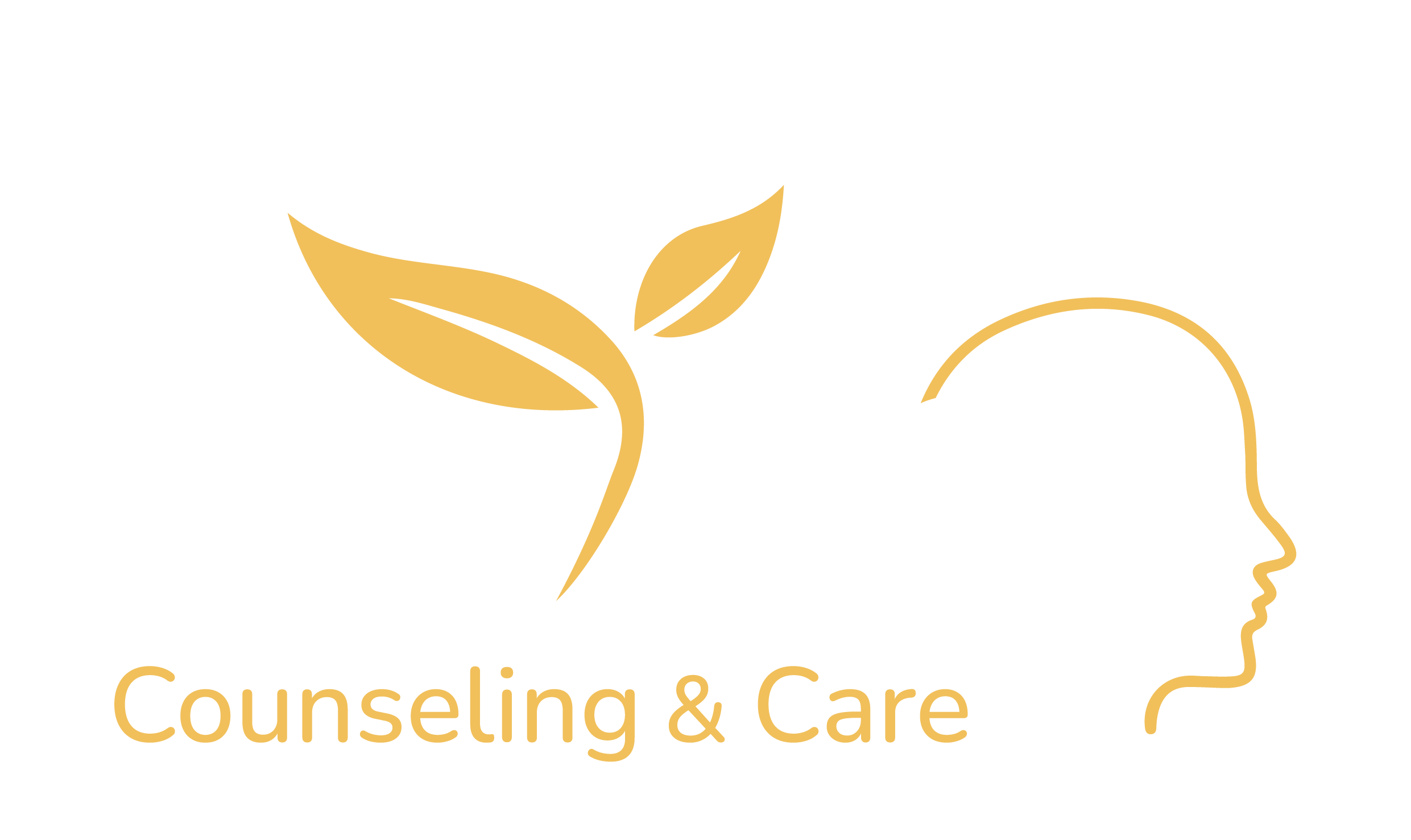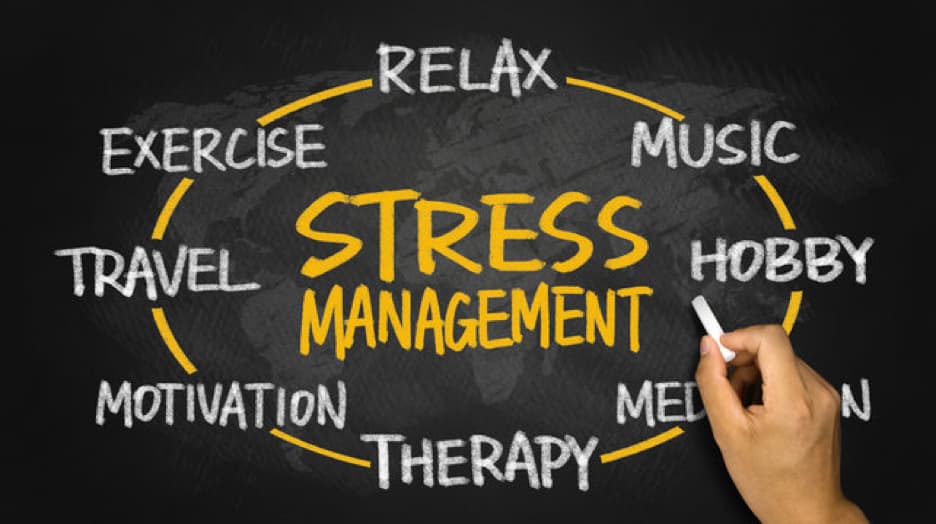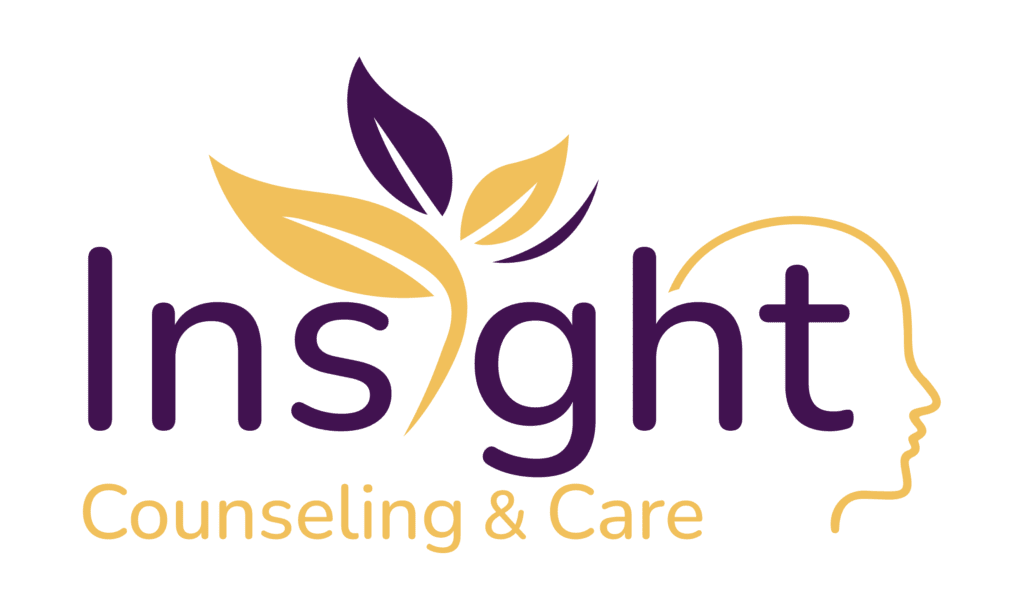In today’s fast-paced world, stress is a common experience for many people. Whether it stems from work, relationships, financial challenges, or daily life pressures, prolonged stress can significantly impact your physical and mental health. However, learning to manage stress effectively is key to maintaining a balanced, healthy life.
Stress Management Techniques
There are various techniques to help manage stress, each designed to relax the body, clear the mind, and reduce the physiological effects of stress. Below are some effective stress management strategies:
1. Mindfulness Meditation
Mindfulness involves paying attention to the present moment without judgment. By practicing mindfulness meditation, you can reduce stress by calming the mind and focusing on the present, rather than worrying about the past or future. Mindfulness allows you to observe your thoughts and emotions without getting caught up in them, promoting relaxation and mental clarity.
- How to Practice: Find a quiet place, sit comfortably, and focus on your breath. If your mind wanders, gently bring your attention back to your breath. Start with just a few minutes a day, gradually increasing the duration as you become more comfortable with the practice.
2. Deep Breathing Exercises
One of the most effective and immediate ways to reduce stress is through deep breathing. Deep breathing activates the body’s parasympathetic nervous system, which counters the “fight or flight” response triggered by stress. This helps slow the heart rate and lower blood pressure.
- How to Practice: Try the 4-7-8 technique:
- Inhale deeply through your nose for 4 seconds.
- Hold your breath for 7 seconds.
- Exhale slowly through your mouth for 8 seconds. Repeat this cycle several times to experience a calming effect.
3. Exercise and Physical Activity
Physical activity is a proven way to combat stress. Exercise releases endorphins, the body’s natural mood elevators, and helps to reduce the levels of cortisol (the stress hormone) in the body. Regular exercise can help improve your overall mood, boost energy levels, and improve sleep quality.
- How to Incorporate: Aim for at least 30 minutes of moderate-intensity exercise most days of the week. Activities like walking, running, yoga, swimming, or even dancing can be effective stress relievers.
4. Time Management
Poor time management often contributes to stress. When tasks pile up and deadlines approach, feelings of overwhelm can increase. Implementing time management techniques can help you stay organized, reduce stress, and increase productivity.
- How to Practice:
- Break tasks into smaller, manageable chunks.
- Prioritize tasks based on urgency and importance.
- Use tools like to-do lists or time-blocking schedules to keep track of deadlines and appointments.
- Avoid procrastination by tackling difficult tasks first.
5. Social Support and Communication
Having a strong support system can significantly reduce the negative effects of stress. Talking to friends, family members, or colleagues about your challenges can provide emotional relief and different perspectives. Social support provides comfort, reassurance, and practical help in times of stress.
- How to Practice: Reach out to a trusted friend or loved one when you’re feeling stressed. You don’t always have to seek solutions—sometimes just sharing your feelings can lighten the load. Joining social groups or participating in activities that encourage interaction can also help foster connections.
6. Progressive Muscle Relaxation (PMR)
Progressive muscle relaxation is a technique where you systematically tense and then relax different muscle groups in the body. This practice helps release muscle tension, which is often the result of stress and promotes deep relaxation.
- How to Practice: Start by tensing the muscles in your toes for a few seconds, then relax them. Gradually work your way up to your head, tensing and relaxing each muscle group as you go.
7. Engaging in Hobbies and Creative Outlets
Taking time for activities you enjoy is essential for reducing stress. Hobbies or creative pursuits, such as painting, gardening, knitting, or playing an instrument, can provide a sense of accomplishment and relaxation.
- How to Practice: Set aside time each week to engage in a hobby or creative activity, even if it’s just for a short period. Doing something you love can take your mind off stressors and give you a break from daily responsibilities.
8. Seeking Professional Help
If stress becomes overwhelming or chronic, seeking professional help may be necessary. Therapies like Cognitive Behavioral Therapy (CBT), counseling, or stress management coaching can help individuals learn coping strategies and gain insight into their stress triggers.
By Kaitlynn Russell, Clinic Assistant at ICC







